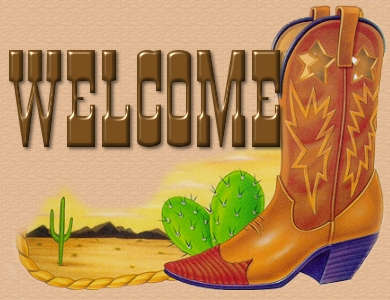Charlie Chaplin
Charlie Chaplin (1889-1977) was a comic actor, writer, director, and producer in motion pictures. His father was a music hall entertainer and his mother was a singer. Charlie made his stage debut at age five, filling in when his mother lost her voice on stage. By age eight, Chaplain became a professional entertainer when he joined the Eight Lancashire Lads, a clog-dancing act. Chaplin improvised an outfit with a too-small coat, too-large pants, floppy shoes, and a battered derby - plus a postage-stamp mustache and a cane as a prop. His screen alter-ego, the Little Tramp, appeared in the second of the Keystone comedy films (1914).
Verrazano
Giovanni Verrazano 1485-1528), an Italian navigator and explorer for France, was the first European to sight New York and Narragansett bays. In early 1524 he sailed to the New World and reached Cape Fear, then sailed northward, exploring the eastern coast of North America. He made several discoveries on the voyage, including the sites of present-day New York Harbor, Block Island, and Narragansett Bay, and was the first European explorer to name North American sites after persons and places in the Old World.
Boston Marathon
The Boston Marathon is the world's oldest annual foot race. It starts in Hopkinton, Massachusetts and goes eight cities and towns to the Back Bay section of Boston, a distance of 26 miles, 385 yards. It was first held in 1897 and is run on the third Monday in April - the date picked, basically, to honor the 1775 ride of Paul Revere. In 1972, it became the first marathon race to officially admit women runners.
Switzerland
Why is Switzerland the site of neutrality in time of war? The nation's geography determined its role as the guardian of Europe's natural trans-Alpine routes. The country's neutrality was sanctioned by the Peace of Westphalia in 1648 and reinforced in 1919 at Versailles and in World War II was the only democracy in central Europe to be left alone by Hitler.
Caddy
In France, military cadets carried golf clubs for royalty. Some speculated that Mary, Queen of Scots, who grew up in France, brought the custom to Scotland, where the term evolved into the word "caddie/caddy." However, the Oxford English Dictionary finds the word for golf player's attendant in writing in 1857 - and Mary, Queen of Scots, lived from 1542-1587. Though Mary's existence coincides with the origins of golf, it does not coincide with the recording of the word "caddy" in English.




1 comment:
Hi, just found your site by clicking on my own homeschooling blogring button! My reading favourites are similar to yours...Koontz, King and Archer.
Re Switzerland, my mum in law is Swiss and my husband and kids have Swiss nationality as well as British and Canadian - v cool.
Post a Comment